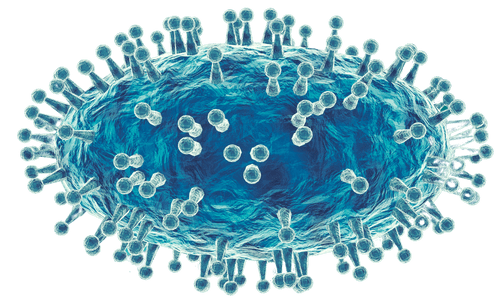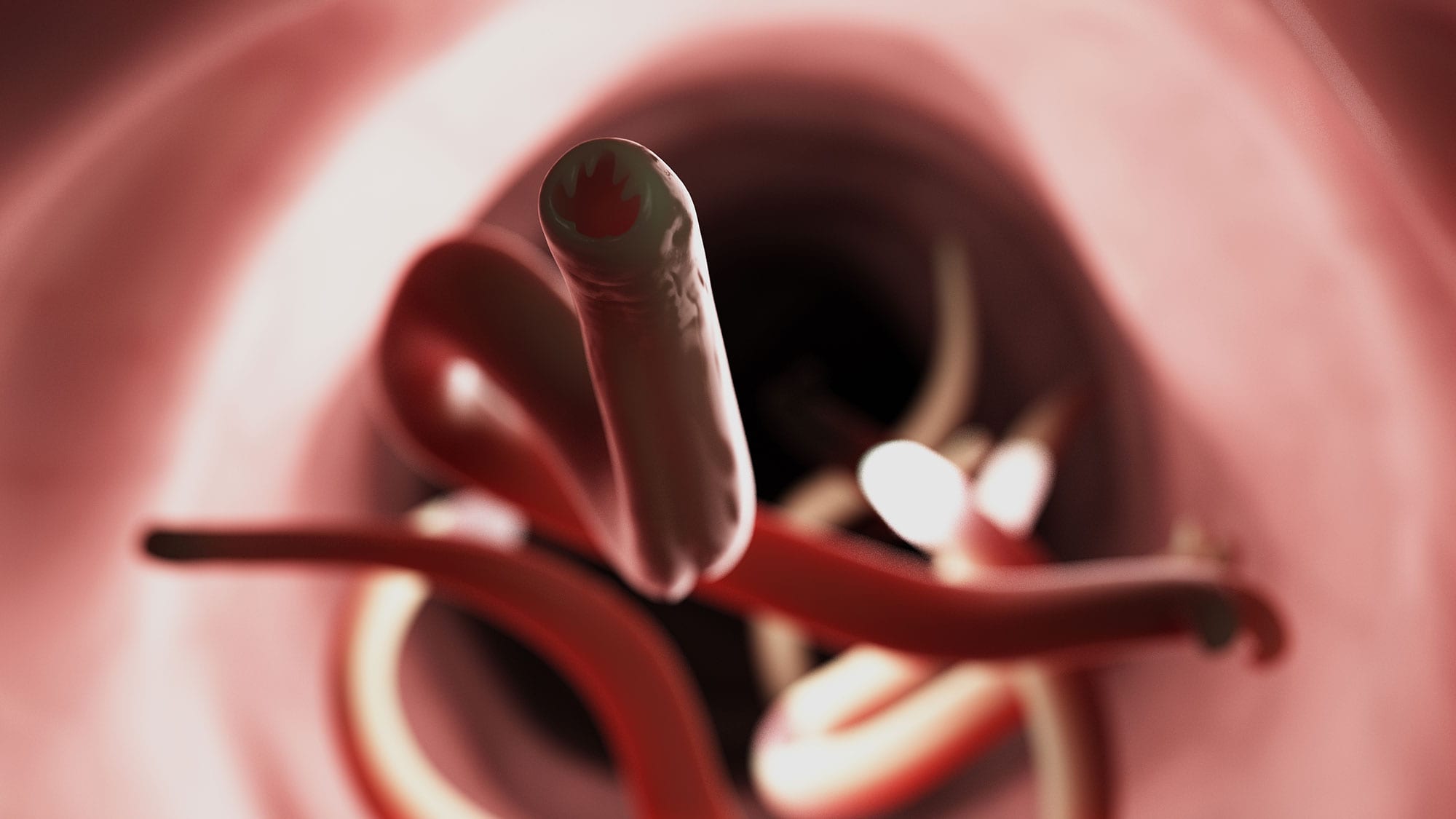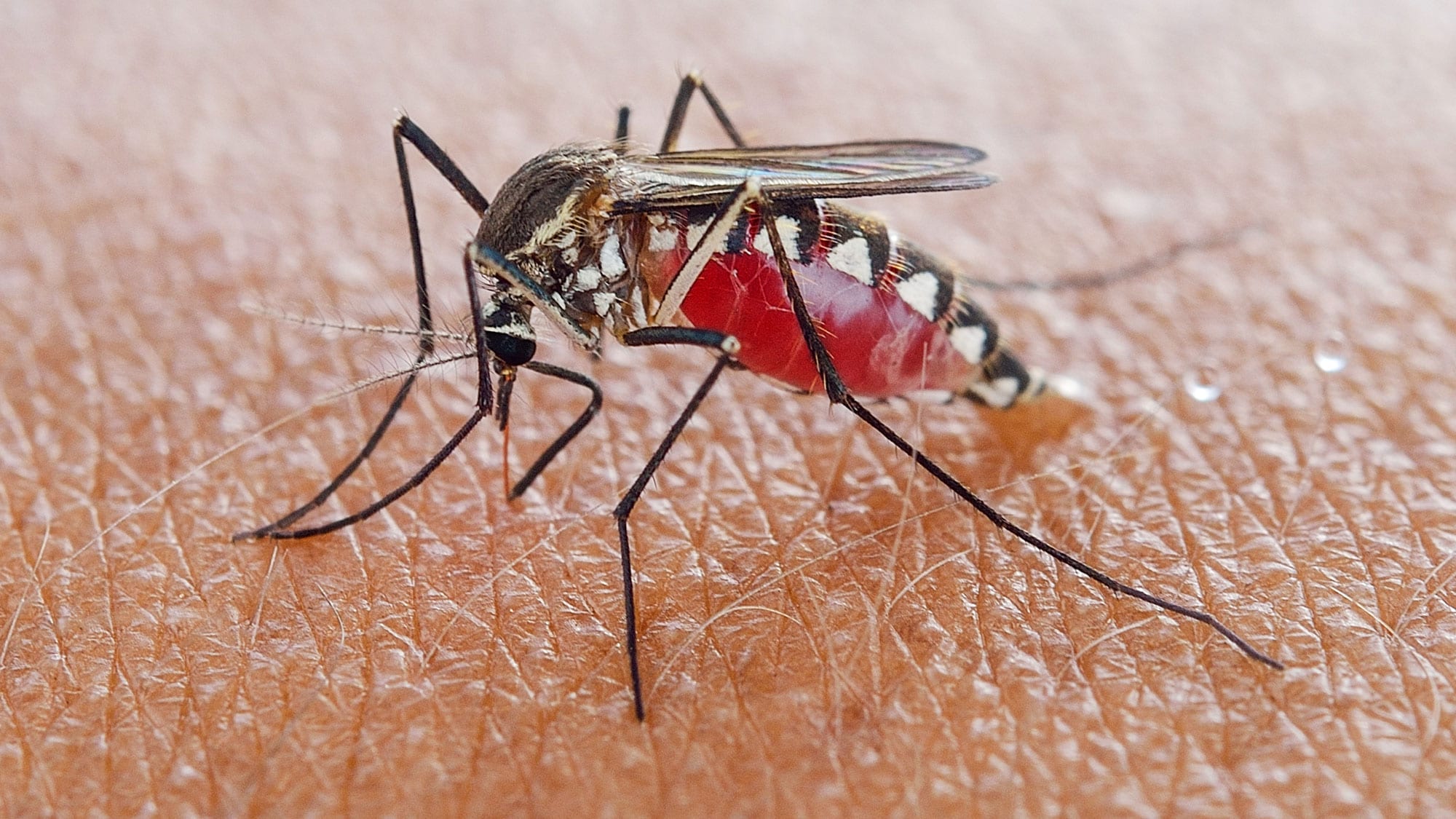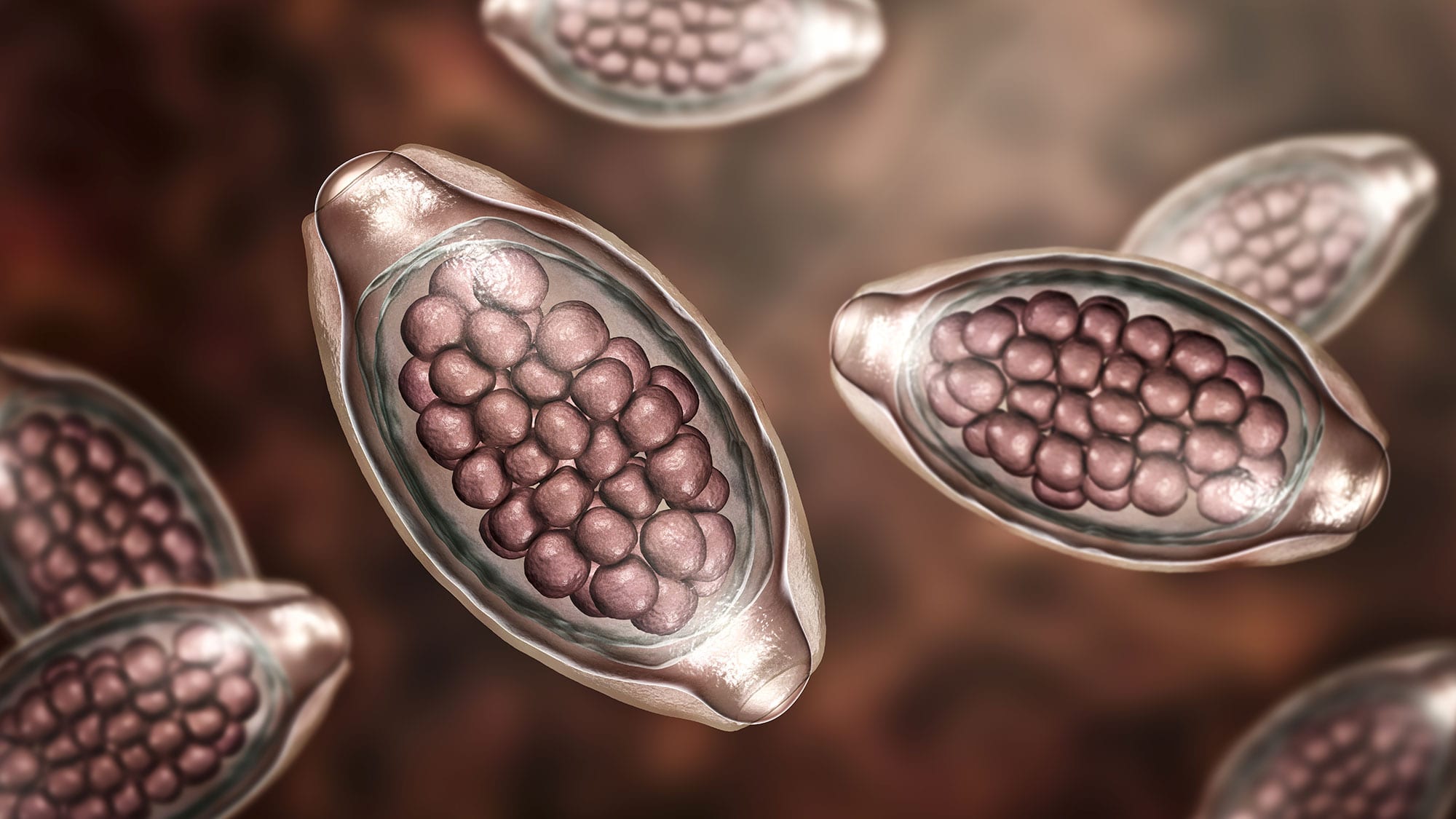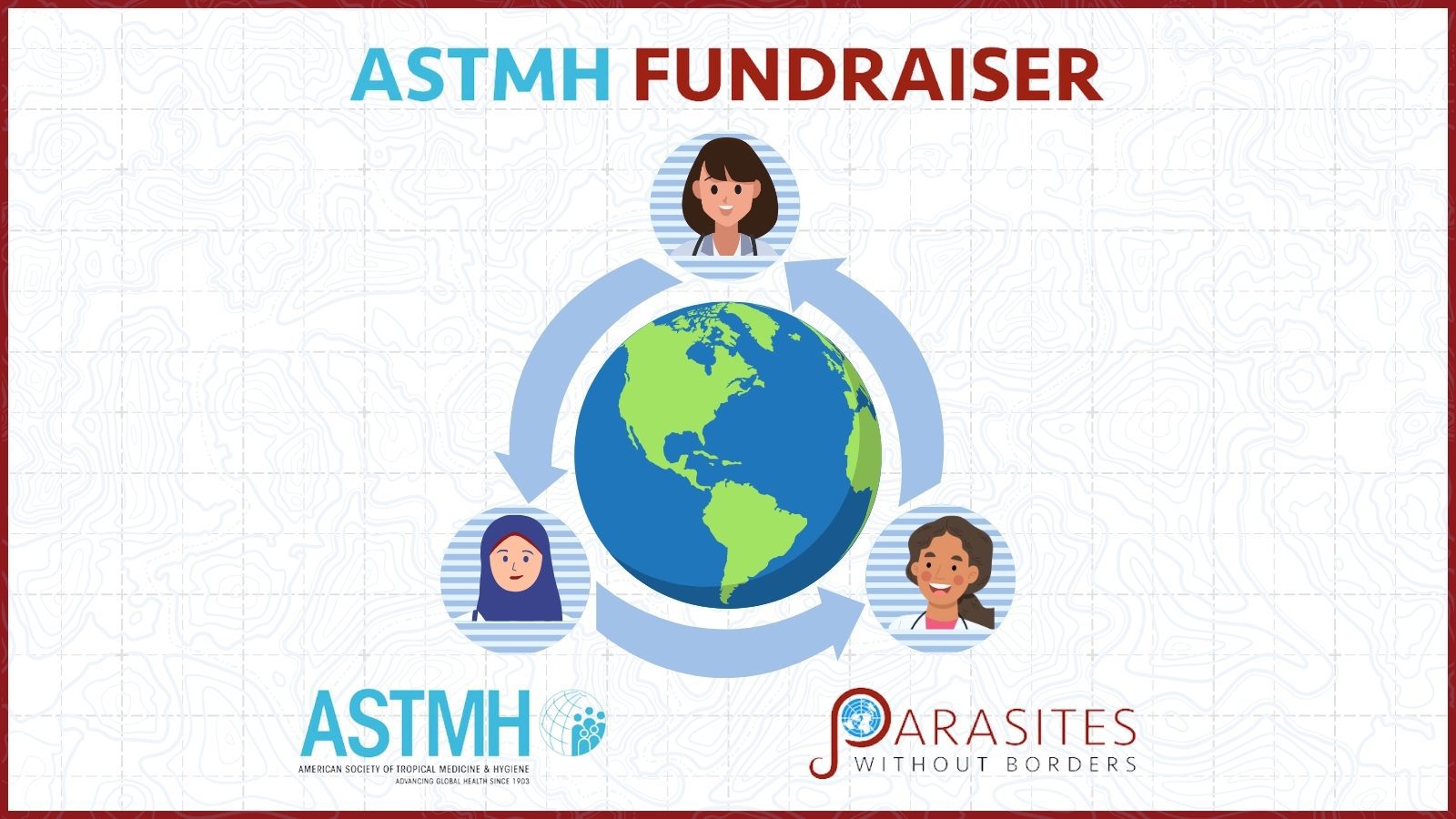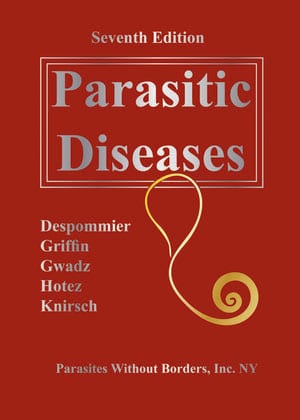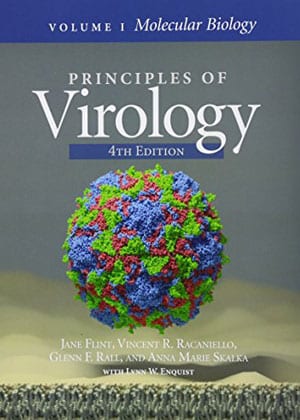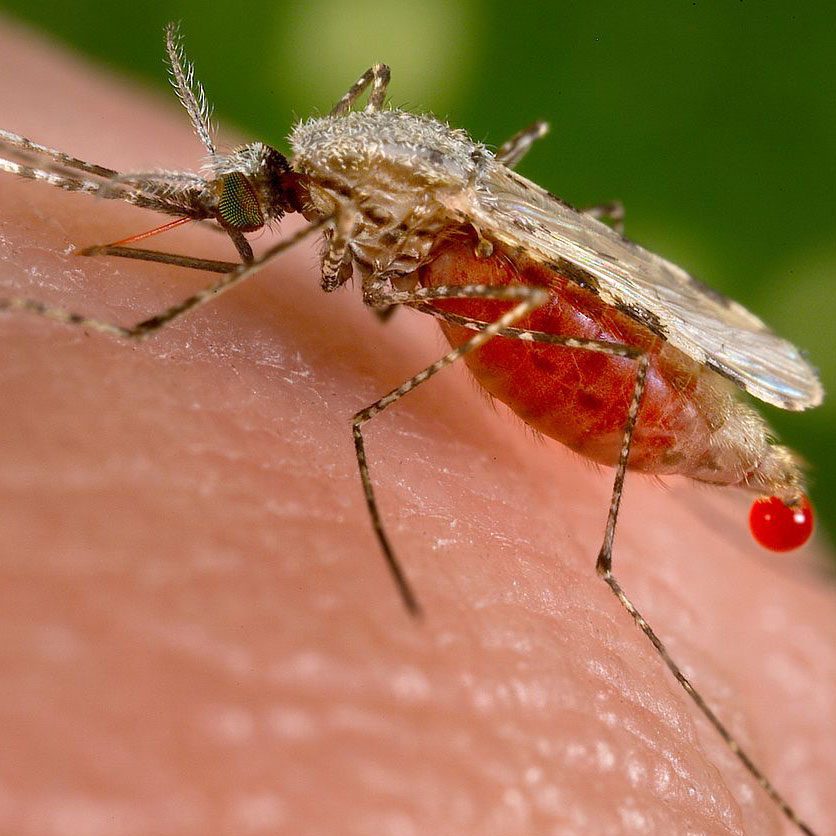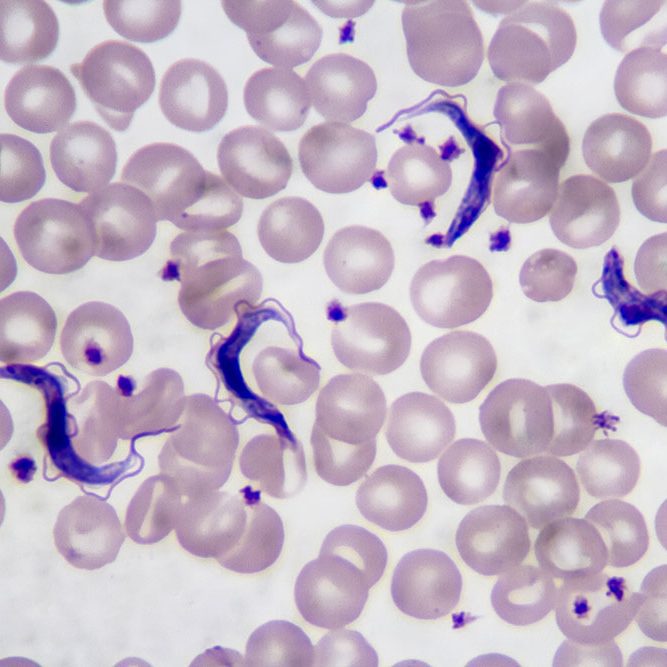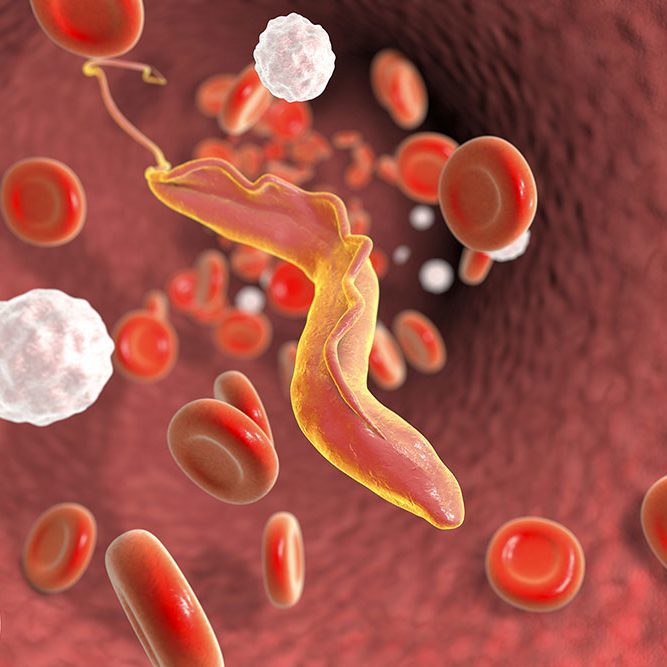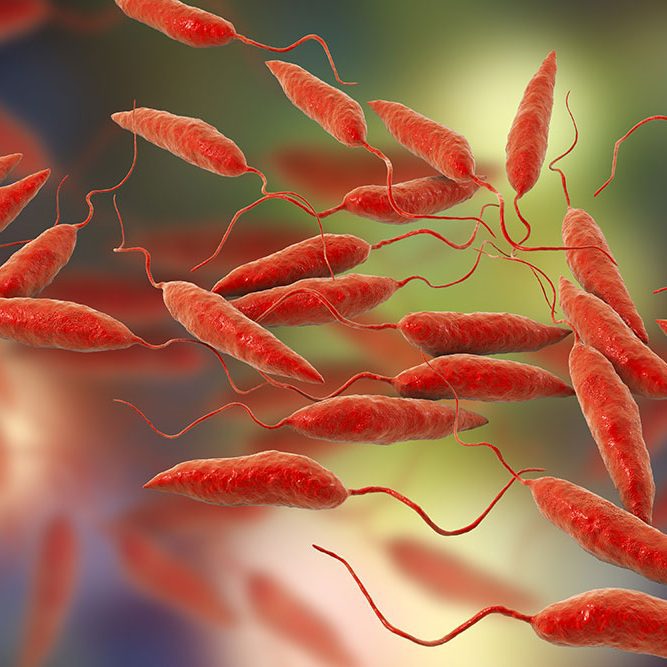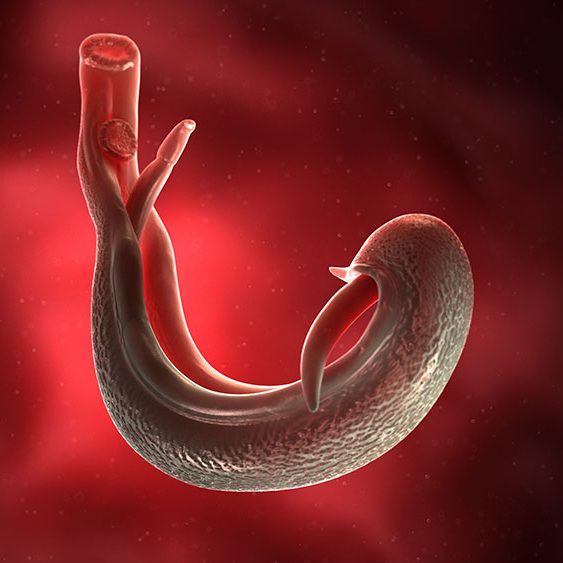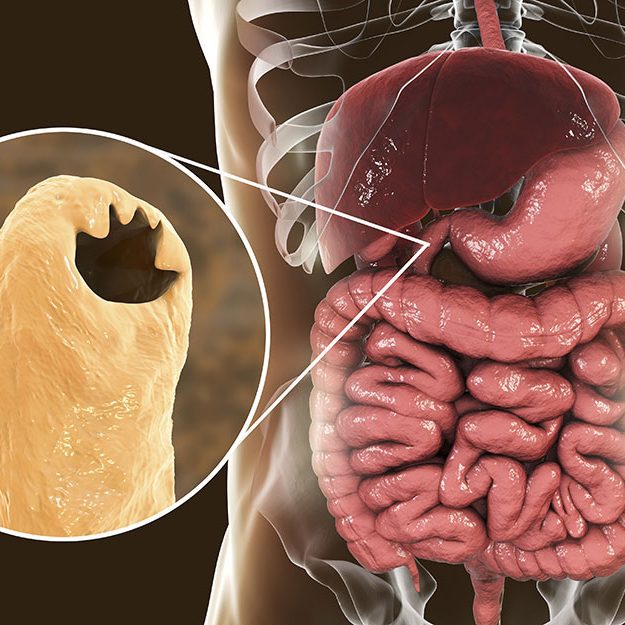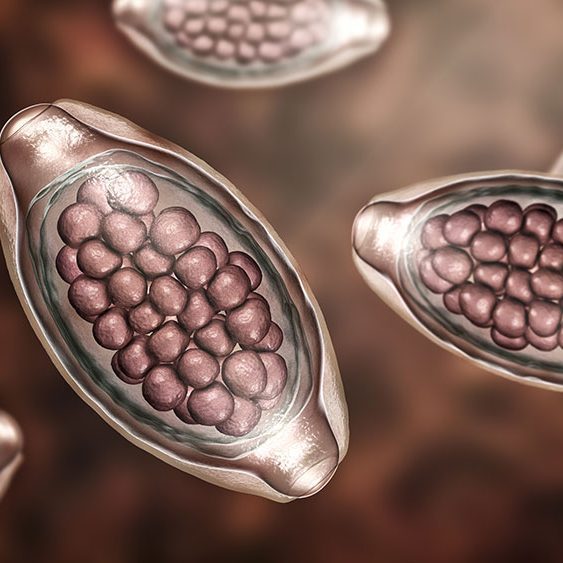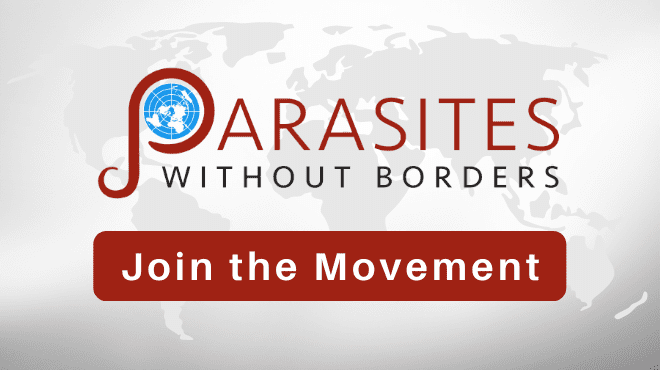
GET INVOLVED!
Parasites Without Borders disseminates FREE educational resources to those applying the medical knowledge to populations most in need.
Join the Parasites Without Borders online network and be part of the movement to spread life-saving medical knowledge around the world.
Throughout February, March And April, All Donations Made To Parasites Without Borders Will Be Matched By PWB And Donated To ASTMH
Throughout February, March and April, donations made to Parasites Without Borders (PWB) will be matched by the organization and donated to the American Society of Tropical Medicine and Hygiene (ASTMH) with a minimum pledged donation of $10,000 and a total gift of up to $20,000 for ASTMH. A portion of these funds will go to providing Travel Awards for qualified female students, early-career investigators or scientists actively working in the tropical medicine field from low- and middle-income countries to attend the ASTMH 2024 Annual Meeting.
Founded in 1903, ASTMH is the largest international scientific organization of experts dedicated to reducing the worldwide burden of tropical infectious diseases and improving global health. ASTMH accomplishes this through generating and sharing scientific evidence, informing health policies and practices, fostering career development, recognizing excellence and advocating for investment in tropical medicine/global health research.
Authoritative Learning Materials
For Educators
Books
Our books, are required reading for physicians planning to practice abroad to gain a better understanding of the common infections they will likely be seeing and treating.
Certification Exams
A team of physicians who are certified in caring for parasitic infections will serve to increase the safety and overall success of your organization's missions abroad. Learn more about our certifications.
Video Courses
Parasitic Diseases Lectures is a 45 part video series that explores the biology and pathogenesis of protozoan and helminth parasites. The Medical Handbook for Limited Resource Settings is also a comprehensive e-learning video course that can be accessed here on our website.
Our Books
Parasites Without Borders offers several books for FREE and for purchase for educators.
The Problem
Common Parasitic Infections
The world is getting smaller. Global shrinkage is real and is driven by information overload from the internet, CNN, The BBC, NPR, and Al jazeera, to name a few. All the while, the human population continues to grow, exacerbating unresolved issues of rapid urbanization that is being caused by the predictable adverse effects of rapid climate change on the environment. Yet, for some of us, especially if we are among the few millions of lucky ones, our lives will continue essentially unchanged, enriched by complex, interesting cultures. We will work hard for our income, and most importantly we will not worry about where our next meal comes from. Becoming physically and psychologically compromised by some exotic disease entity – malaria or schistosomiasis – seems as remote a possibility as waking up surrounded by a host of other life-threatening issues.
Our Team
For the purpose of eliminating human suffering due to parasitic infections it is essential that there is more and better education for all those in a position to apply medical knowledge directly to populations most in need of solutions to alleviate the burden of parasitic diseases. The three of us have had a life-time of experience in teaching parasitic diseases to students of medicine, both within the U.S.A. and abroad.

Daniel Griffin, MD, PhD

Dickson D. Despommier, PhD

Charles A. Knirsch, MD, MPH

Peter J. Hotez MD PhD FAAP FASTMH
Professor of Pediatrics and Molecular Virology & Microbiology at Baylor College of Medicine
Director of the Texas Children’s Center for Vaccine Development (CVD) and Texas Children’s Hospital Endowed Chair of Tropical Pediatrics


